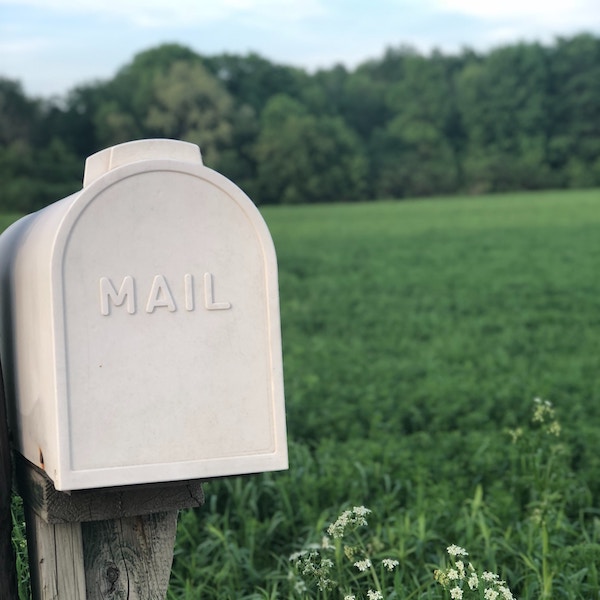Closing fees are a prickly part of any real estate deal. This is where everybody involved in the sale and transfer – lenders, lawyers, government agencies, and the escrow company – add their numbers to the bottom line. Perhaps the worst thing about closing fees is that they often seem to come as a surprise. This can lead to anger and frustration for the buyer and seller, and inconvenience and headache for agents.
Escrow fees are part of a deal’s closing costs. Let’s explore the typical fees that can show up on a buyer’s closing statement, and help to avoid future cases of sticker shock.
Buyer’s Escrow Costs
Escrow Fees
This is the fee for the escrow service itself, usually a certain amount per $1000 of the sale price. With the escrow fee you are paying to make sure:
- The escrow agent is properly licensed in your state
- They have the knowledge, training and expertise to handle supplemental and unusual escrow situations
- Your escrow process follows all applicable laws, and the sale will be legal and valid
- The escrow agent is an independent third party, competent and trustworthy to caretake and disburse your money.
Loan Tie-in Fee
This fee provides for the escrow company’s time and supplies to print out lender documentation, comply with various lender requirements, and fill out and submit the forms and applications requested by lenders to facilitate the transaction.
E-Document Fee
More and more documents are being sent to escrow companies over the Internet, however they still need to be printed out in order to be archiveable and useful. This fee helps to defray document printing costs.
Processing Fee
Very few escrow situations come without any supplemental or unusual needs. Spouses, ex-spouses, grantees, trustees, business partners, extra government agencies or authorities, all may need to be dealt with in order to facilitate the escrow. All of these contacts take time and documentation. Most escrow companies include one or two added contacts in their escrow fee; a significant number of added contacts will result in a processing fee.
Archive Fee
Legal escrow documents need to be stored by the escrow company for a minimum of five years. This fee helps with the storage and retrieval of the large volume of paperwork involved.
Seller’s Escrow Costs
The seller’s closing statement contains escrow costs as well. The seller will have the same Escrow fee as the buyer, the same Processing and E-Document fees, and an Archive fee.
Closing costs from the escrow company are not a mystery, and don’t need to be a surprise, either. With a little bit of preparation and a phone call or two, both buyers and sellers can know in advance what their closing costs will be, and clear a potential obstruction on the way to a completed sale.
Interested in what you are reading? To automatically receive these Escrow Tips in your email box, subscribe to these articles at the top right corner of this site (Glen Oaks Escrow) in the box titled “Subscribe via Email”.
Become a fan of Glen Oaks Escrow on Facebook and follow us on Twitter.



